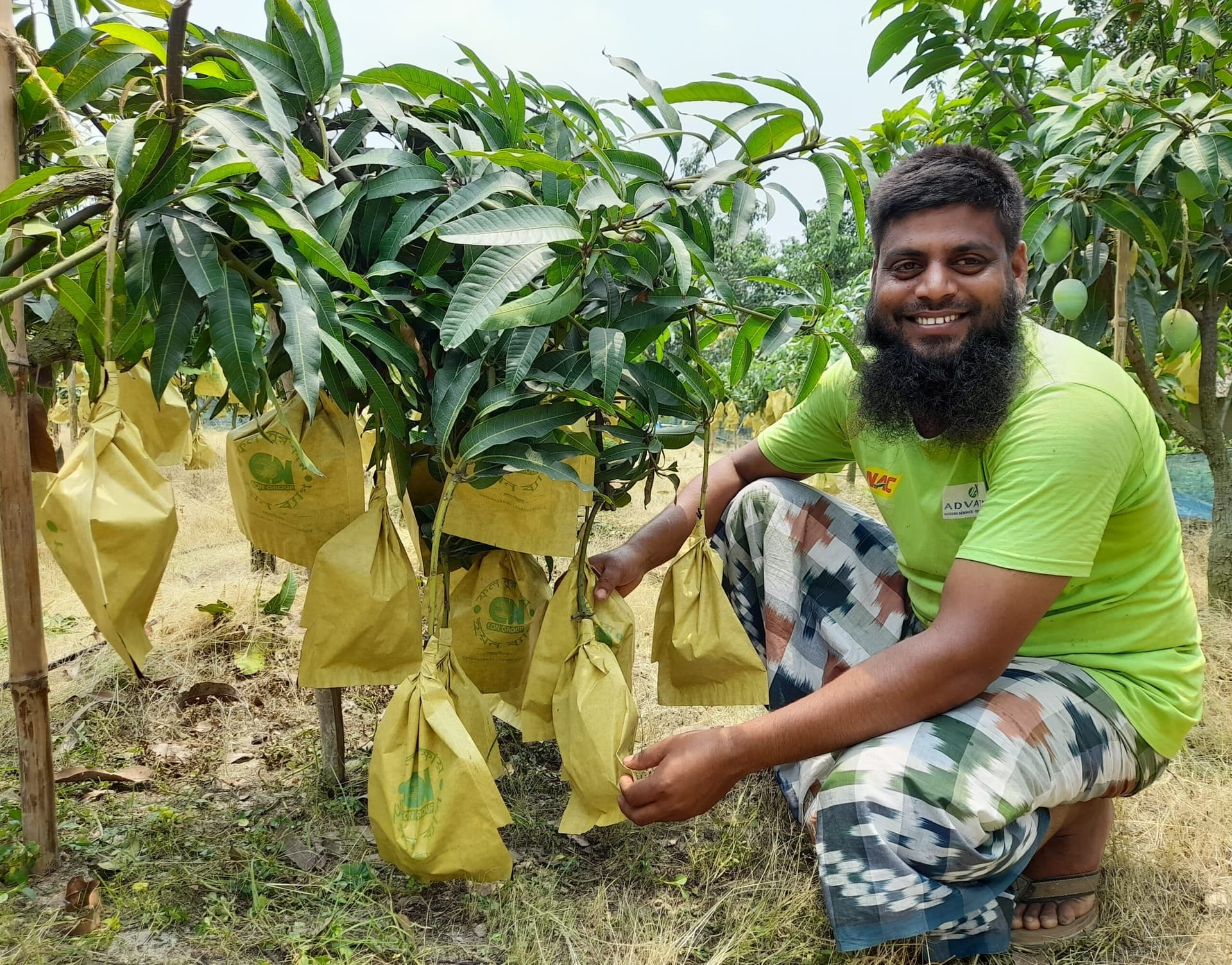Who we are

The Sustainable Agriculture Foundation (SAF), formerly SFSA, builds on a 40-year legacy of transforming smallholder agriculture in Asia and Africa, focusing on climate-smart innovations, market access, and sustainable practices.
The Sustainable Agriculture Foundation (SAF) transforms smallholder agriculture in Asia and Africa by improving farmer incomes, food security, and climate resilience. Building on the legacy of the Syngenta Foundation, SAF fosters innovation, empowers agri-entrepreneurs, and bridges gaps in research, technology, and market access. Through partnerships, SAF promotes inclusive growth and sustainable practices, creating thriving communities where agriculture, people, and nature coexist.

Our Vision & Mission

Our Vision
A world where smallholders, communities, and nature thrive together

Our Mission
Scaling up collective action on markets and innovations so that farming can better serve smallholder families, rural communities, and nature
Our values
We inspire sustainable growth from the ground up.
Passion
Drive to achieve our vision and create sustainable impact is at the heart of all we do.
Innovation
We invest in and enable innovations for long term impact, that help smallholders prosper and thrive in a sustainable and resilient way. Agility and an entrepreneurial mindset are crucial here.
Integrity
Ethics, safety and compliance are core to the way we operate. Our practices prioritize community welfare, sustainability, and unbiased decision-making in agricultural development.
Respect and Growth for All
We embrace a diverse and inclusive culture in our teams and programs that encourages opportunities for all, notably women, and respects diverse opinions and abilities.
Collaborative Spirit
Our work in partnership and programs is based on trust and transparency.
Reliability
We earn trust by delivering on our commitments and creating value for our beneficiaries.


Our Strategy
The Sustainable Agriculture Foundation (SAF) is committed to transforming smallholder agriculture through inclusive, climate-resilient, and market-driven approaches. In 2023, SAF improved the incomes of 3.5 million smallholder farmers—45% of whom were women—achieving an average 20% income increase and supporting over 19,300 agri-enterprises. These efforts generated $161 million in value. Looking ahead, SAF’s 2030 strategy focuses on expanding impact by transitioning 10 million hectares to agroecological production, improving water management on 4 million hectares, and enabling the sequestration or avoidance of 10 million tons of CO₂e through sustainable practices. With its federated model, regional hubs, and strong global partnerships, SAF is well-positioned to deliver systemic change and scale across Asia and Africa.